

Working out of the Box is a series of features presenting architects who have applied their architecture backgrounds to alternative career paths.
In this installment, we're talking with Miguel McKelvey, Co-Founder & Chief Creative Officer at WeWork.
Are you an architect working out of the box? Do you know of someone that has changed careers and has an interesting story to share? If you would like to suggest an (ex-)architect, please send us a message.
WeWork establishes co-working spaces -- places for individuals and small businesses to create, collaborate, grow and succeed. Only four years old, WeWork has grown into an impressive nationwide enterprise, tallying 17 venues in 7 major U.S. cities, including 8 in New York City alone. The company’s co-founder and Chief Creative Officer, Miguel McKelvey, learned to leverage skills from his architecture education to become a successful entrepreneur in the midst of the dot-com boom. McKelvey’s critical and rigorous project-design skills inform WeWork's idiosyncratic designs, keeping the company progressive and questioning what “going to work” can mean in the midst of a changing economic landscape.
Where did you study architecture?
University of Oregon (I studied with Paul Petrunia, Archinect's founder!)
At what point in your life did you decide to pursue architecture?
I was taking a sculpture class at The Colorado College, and one of my professors said I should think about architecture for graduate school, because my sculpture was inherently architectural. I had coincidentally become unhappy with the prospects of a fine art degree, because I had actually entered college thinking I would be focused more on business and would eventually get an MBA. I loved my art classes, and was bored out of my mind in economics, so the idea of architecture school started as middle ground between my connection to artistic expression and my need for a professional career path. Instead of sticking around and waiting for graduate school, I transferred to the U of O - and the summer before school started I did nothing but read architecture books. It felt like discovering something that had always been a part of me, but that I hadn't know about. The whole process worked out well for me, because I got two years of messing around and having fun in college before I started architecture school. Once I was there, I was able to fully dedicate myself to the pursuit of amazing work and to spending 14 hours a day in studio.
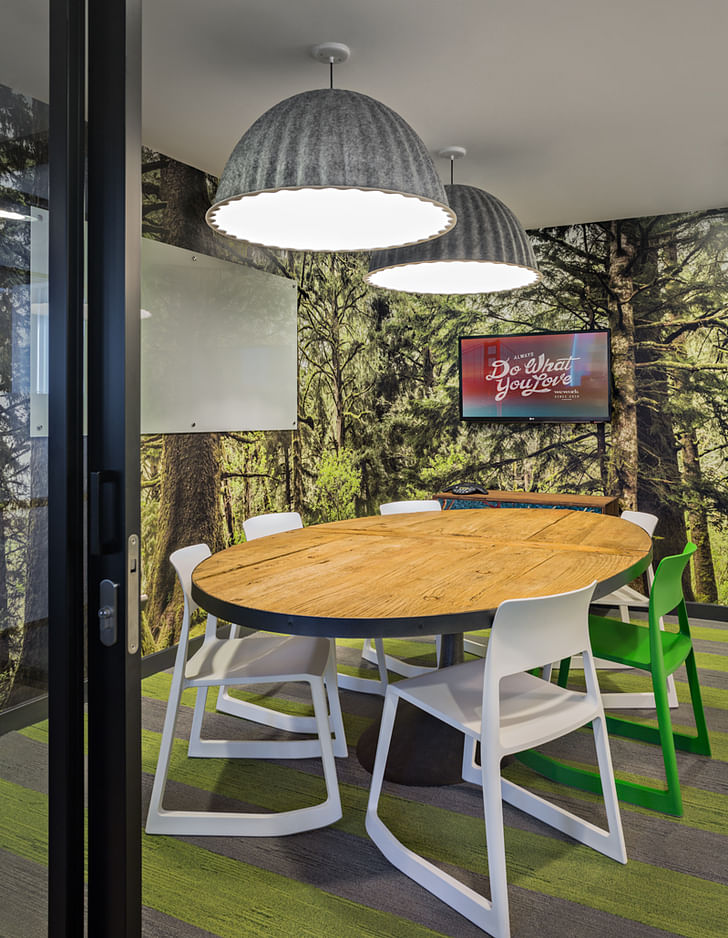
I would make the argument that architecture is a better preparation for being an entrepreneur than business school is.When did you decide to stop pursuing architecture? Why?
When I graduated, it was the height of the first dot-com boom. There were so many people getting so much investment money for what seemed like such trivial ideas - and starting companies was contagious. A childhood friend and I started a social network (although it wasn't called that back then) for people learning English as a second language - called English, baby! (which is still up and doing well - www.englishbaby.com). At the time, I thought we'd build it, raise money, hire a hundred employees and then IPO for a hundred million - all in the span of a year. It didn't work out that way. Instead, we built a profitable small company - which was still a great adventure and a great education in running a business. Each year I kept telling myself I had to go back to architecture. It took me about 5 years, but I finally left Portland and moved to New York to take a job at a small architecture firm, and basically started my life over. I thought I'd be following the typical evolution over a few years inside a small firm, but instead the firm ended up getting all the American Apparel projects, and I essentially became the manager of an international retail roll out, which was just as much business as it was design.
Describe your current profession.
I am the Co-Founder & Chief Creative officer at WeWork. I'm responsible for the environment we create for our members, as well as for the overall direction of our brand. I'm lucky to have an amazing team of designers, architects and construction project managers who execute all of our projects - which allows me to stay at a high level and to spend most of my time thinking about the big picture.
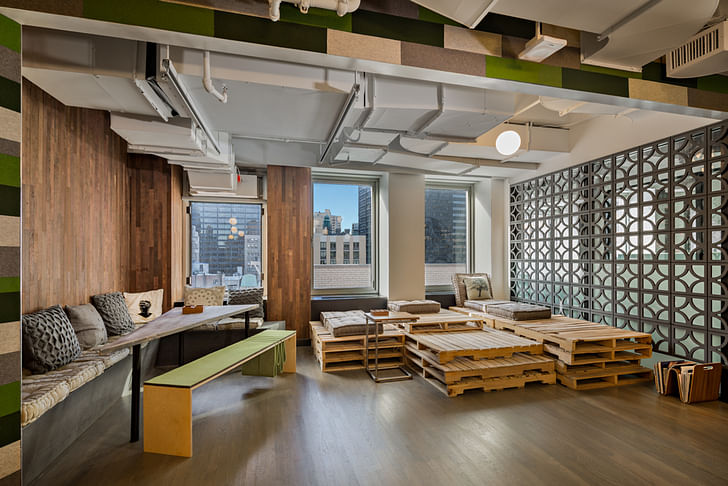
We're now 4 years old, but to me it feels like we just started. We want to make it easier to start new businesses, and to empower entrepreneurs and innovators to focus on doing amazing things - so we can never do enough. My job is to keep pushing us forward to do more, every day.
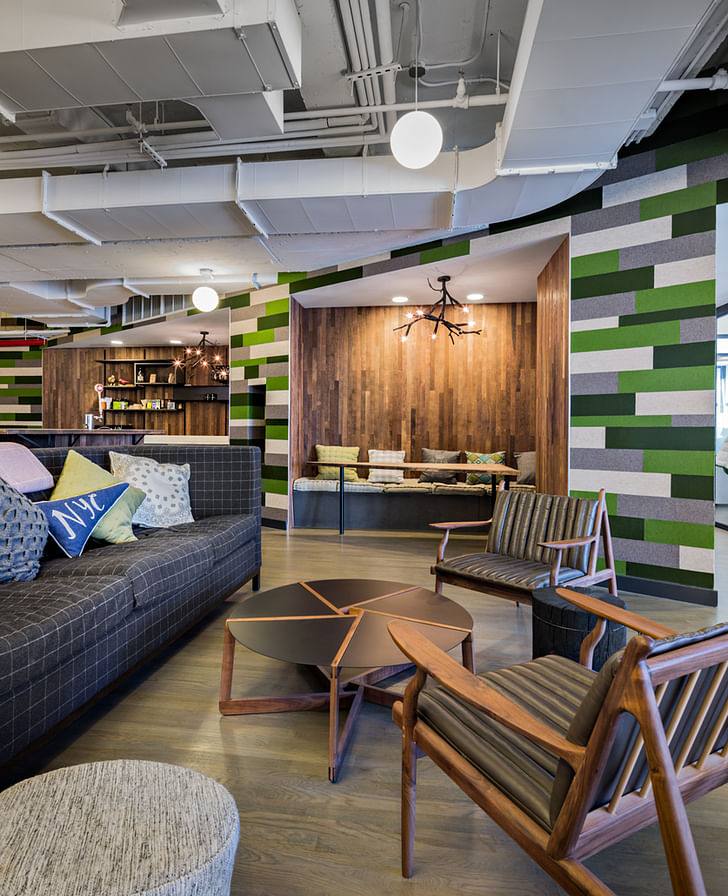
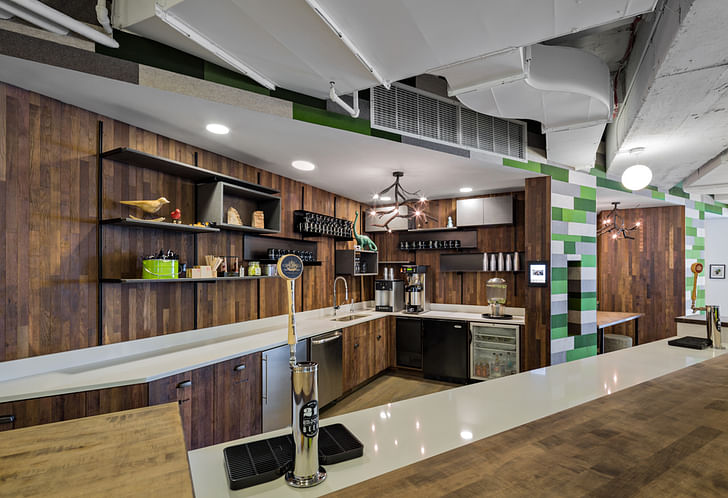
What skills did you gain from architecture school, or working in the architecture industry, that have contributed to your success in your current career?
Architecture helped me learn and develop my own creative process, gave me critical thinking tools that I don't think you get from other educational paths, and helped me understand the value of the rigorous pursuit of the right solution. Spending hundreds of hours drawing and redrawing with layers and layers of trace to find the exact right configuration of elements is a process that cannot be replicated any other way.

It's the 10,000 hours you have to have. I have applied what I learned in architecture to pretty much every aspect of building a business - and for the right person, I would make the argument that architecture is a better preparation for being an entrepreneur than business school is.
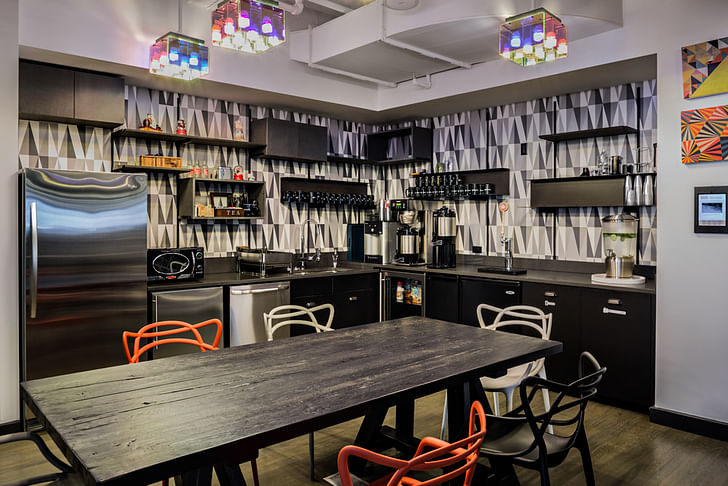
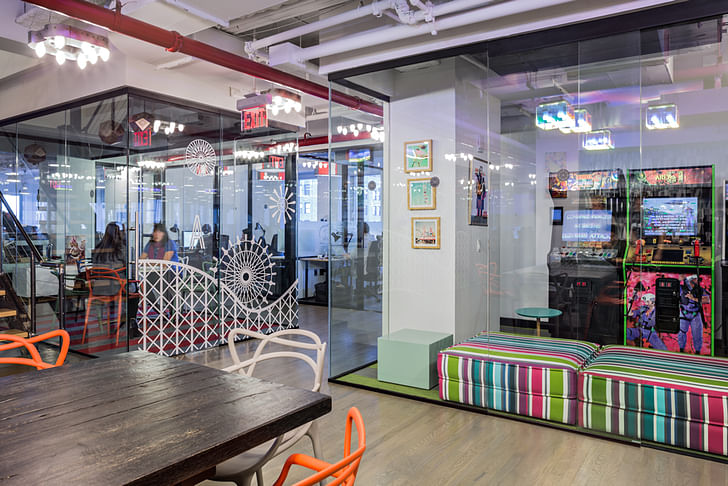
Do you have an interest in returning to architecture?
I always dream about the day that I'll be able to go back to architecture school, because I love studying architecture. I'm jealous of everyone who's at Pratt, Columbia, MIT, SCI-Arc and all the other great programs - who get to exist in a world that's still theoretical. I want to retire young, and then get degrees from like 7 different schools. Working in architecture though, at least at an architecture firm, isn't something I can see happening.
Former Managing Editor and Podcast Co-Producer for Archinect. I write, go to the movies, walk around and listen to the radio. My interests revolve around cognitive urban theory, psycholinguistics and food.Currently freelancing. Be in touch through longhyphen@gmail.com
No Comments
Block this user
Are you sure you want to block this user and hide all related comments throughout the site?
Archinect
This is your first comment on Archinect. Your comment will be visible once approved.